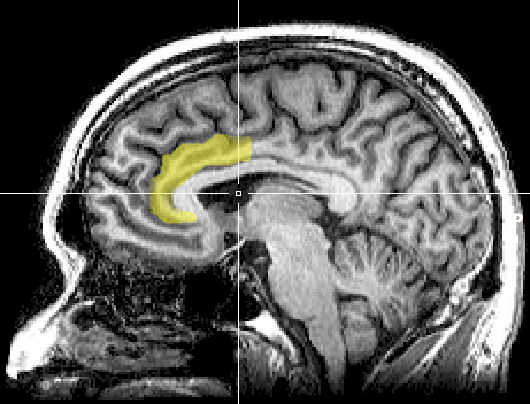Have you ever wondered why some people find it so hard to stick to their New Year's resolutions? Recent research has some surprising answers that might change how we look at willpower. Scientists found a significant portion of our ability to control ourselves and resist temptations is genetic. This means that for some of us, keeping those resolutions is naturally tougher. But the good news is that we can train our brains to develop greater willpower.
A recent meta-analysis found genetics can significantly influence how much willpower a person has. The research, which looked at data from over 30,000 twins from different countries, suggests about 60% of our ability to control ourselves is inherited. This means some people might naturally find it harder to stick to New Year's resolutions because of their genes.
Are we stuck with low tenacity and willpower or can we improve our self-control?
Lisa Feldman Barrett's team, in a recent review paper, suggests that we can. They offer evidence that the anterior mid-cingulate cortex (aMCC) plays a crucial role in managing our tenacity and willpower. The aMCC is a brain structure that sits in the anterior (or front) medial portion of the brain between the two hemispheres and wraps around the head of the corpus callosum.
The aMCC acts like a control center in the brain, involved in making decisions about what actions are worth our effort in terms of the energy we need to spend versus the rewards we might gain. It's connected to many parts of the brain, helping it to process information about how our body feels, make plans, and decide what to pay attention to. This makes the aMCC key in preparing us for action and efficiently using our energy to achieve what we want.
The research shows that the aMCC is linked to various behaviours: it's associated with reduced feelings of not wanting to do anything (apathy), with grit and determination, and with deciding to keep going even when things get tough. Essentially, it's involved in weighing the effort required against the potential reward and pushing through challenges.
We can boost our tenacity and willpower by working out our aMCC like a muscle.
To strengthen the aMCC and boost our willpower, we should take on challenging activities that are not part of our regular routine. Whether it's physical exercise, learning a new instrument, or picking up a new language, engaging in challenging tasks can strengthen the aMCC. Like working out a muscle, these challenges can help increase the aMCC's capacity, enhancing our overall willpower in any domain.
References:
Touroutoglou, A., Andreano, J., Dickerson, B. C. & Barrett, L. F. (2020). The tenacious brain: How the anterior mid-cingulate contributes to achieving goals. Cortex, 123, 12–29. https://doi.org/10.1016/j.cortex.2019.09.011
Young, E. (2024, January 23). Failed your resolutions already? Maybe blame your genes. The British Psychological Society. https://www.bps.org.uk/research-digest/failed-your-resolutions-already-maybe-blame-your-genes
Image by By Geoff B Hall - Own work, CC0, https://commons.wikimedia.org/w/index.php?curid=16393385
Related articles:
Brain
The Link Between Brain Size Growth and Decreasing Dementia Rates
In the last century, health in the United States has seen remarkable [...]
Brain
Why Your Brain Gets Tired
Do you feel drained after working on a hard cognitive task for [...]
willpower
How to Train the Brain for Greater Willpower
Have you ever wondered why some people find it so hard to [...]
Obedience to authority
Why People Follow Authority, Even When It’s Harmful
In the 1970s, Stanley Milgram conducted a groundbreaking series of experiments on [...]
Predictive brain
We see what we expect to see
Recent research in brain science is uncovering an exciting idea: our brains [...]
Dementia
How to spot warning signs of dementia
Dementia is frequently misunderstood as solely a memory problem among older individuals, [...]

